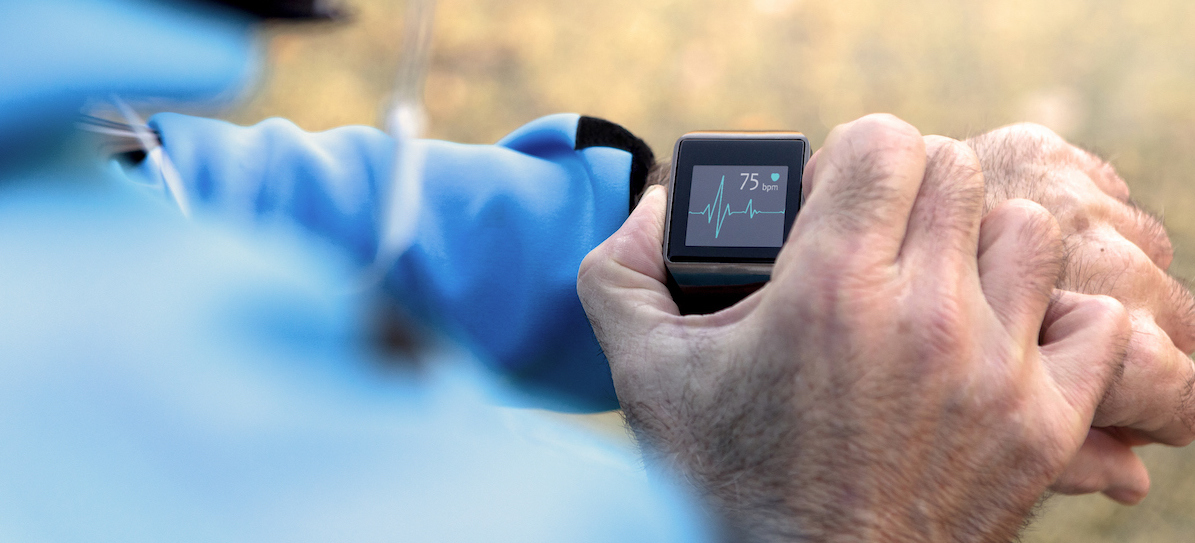Millions of Americans have atrial fibrillation that can lead to numerous problems, including stroke, if not treated properly.
Hartford HealthCare’s Jocelyn Maminta recently spoke with electrophysiologist Dr. Joseph Tiano with the Heart & Vascular Institute at St. Vincent’s Medical Center about how people can detect the irregularity and the treatment options.
“Atrial Fibrillation, we define to patients as an arrhythmia of the heart that primarily lives on the top two chambers and is defined by highly random, electrically disorganized rhythm,” Dr. Tiano said. “Rather than having one focus running the heart, you have probably thousands of different focus.”
It is estimated that 3 million Americans have atrial fibrillation, or AFib, but the number is likely higher as 30 percent to 40 percent of people do not experience symptoms and it is found incidentally.
“The No. 1 thing I always tell patients to watch out for is anything different in your life,” he said. “If you take the trash cans out and all of a sudden you’re short of breath with that or climbing steps. These are general cardiac signs to pay attention to.”
Other symptoms to watch out for in regards to AFib include:
- Palpitations.
- Heart racing.
- Decrease in exercise tolerance.
- A feeling of fluttering or quivering.
Risk factors for AFib include:
- Diabetes
- Hypertension
- Obesity
- Smoking
- Sleep apnea
- Coronary disease and valve disease
Adults over the age of 65 are at a higher risk although it is not uncommon to be found in younger people as well.
“Younger people who have AFib tend to have lifestyle factors or a genetic component,” said Dr. Tiano.
Treatment for AFib includes medication to control the heart rate and ablation which is a procedure where a small catheter is placed in the heart and an energy source renders the tissue inactive where the AFib lives.
“With ablation, you’re quarantining the AFib off to a section of the heart so it doesn’t get into the main body and initiate and sustain,” he said.
If not treated, AFib can lead to health problems, in particular stroke. Dr. Tiano recommends seeing your primary care physician for regular physicals and monitoring your heart rate with a wearable device.
“There are some great apps for your phone that can track your heart rate,” he said. “I have a lot of patients who are out to dinner with family and friends and they’re all checking their heart rates and they find that they’re in AFib sometimes. It’s easier for patients these days to catch a diagnosis and then follow through with their physician.”


